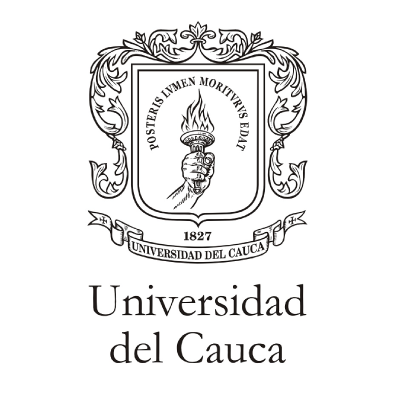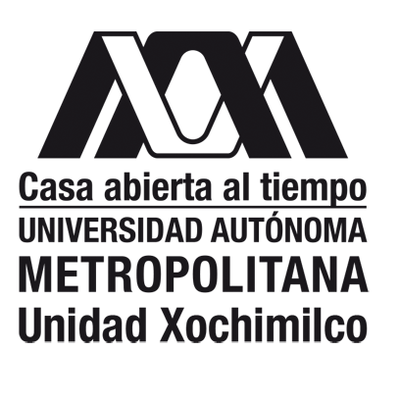RIDAP
WHAT IS RIDAP?
The INFORMATION AND DISCUSSION NETWORK ON ARCHAEOLOGY AND HERITAGE is a critical analysis collective made up of researchers, activists, Indigenous peoples, members of organizations and social movements, and work groups interested in dismantling the modern imaginaries that construct the relationship between heritage + culture + identity + memory + territories. The central focus of the network is the critical study and denunciation of the production of heritage in the service of the colonial-patriarchal order of capital that operates as a structuring force of global reality.
WHY IS IT NECESSARY TO RETHINK THE RELATIONSHIP BETWEEN HERITAGE + CULTURE + IDENTITY IN SOUTH AMERICA?
The vast territory of South America has been the object of interest of neocolonial policies and extractivist processes that use the discourse of heritage, but prescribe the understanding of its particular histories and memories. In this context, cultural heritage has been and is a very effective device to build, sustain, reproduce or transform the geopolitical logic of contemporary capitalism since it is a central object of agreements or disputes over the sovereignty of States at the international and intra-state level.
RIDAP aims to challenge the neutrality of disciplines such as archaeology, anthropology, history, geography and the disciplines of heritage management, conservation and restoration, which played a fundamental role in the creation of naturalized links between places and populations through the production of “the archaeological” and “the patrimonial” in their double temporal/spatial and material/immaterial meaning. However, this critical interpellation of the archaeological discipline, which gives its name to the network, also promotes undisciplining other related fields of study, strongly committed to the construction and reification of heritage.
This critical thinking is necessarily undisciplined: it does not seek to act from within the disciplines but against them. In the undisciplined view archaeology and heritage are merely wild cards to facilitate dialogue and incite concurrence. They are not solid places from which to speak, but suspended and contested positions. The critical positioning of the network vis-à-vis the disciplines is also a positioning against the modern (onto)logic and its harmful effects. The militancy of the members of the network translates into a political mobilization that seeks to contribute to the recomposition of the dominant order, which is decidedly violent, unequal and hierarchical. For this reason, the network not only links academics: it also links non-academic activists, Indigenous peoples, organizations and social movements that are interested, although for other reasons, in what modernity calls “archaeology” and “heritage.”
RIDAP is also interested in critically dismantling the epistemic, conceptual and political operations with which other disciplines or thematic areas such as anthropology, memory studies, cultural management and the history of the present time have adopted the rhetoric of heritage. In short, ours is not a perspective developed from modernity (which would seek more just, democratic, and inclusive versions of archaeology and heritage), but from its margins. It seeks to show different worlds, not different versions of a single world.
RIDAP | Red de información y discusión sobre arqueología y patrimonio






